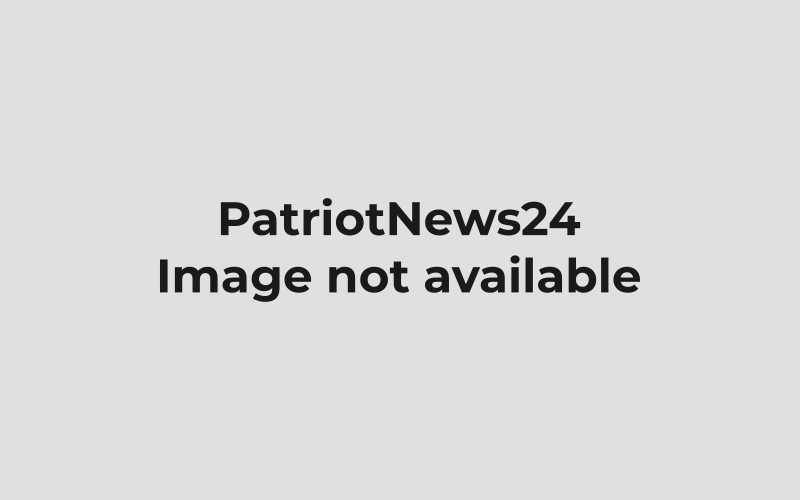New Jersey’s Water Crisis Exposes Infrastructure Failures and Government Inaction
Nearly a week after a water main break left 200,000 New Jersey residents under boil water advisories, government delays and outdated infrastructure put families at risk while officials scramble for solutions.

Four days after a major water main rupture in Paterson, New Jersey—the state’s third-largest city—nearly 200,000 residents remain under a boil water advisory. This ongoing crisis isn’t just about pipes; it lays bare the consequences of decades of neglect and governmental sluggishness that threaten the daily lives of hardworking Americans.
Why Are Families Still Without Safe Water?
The break occurred on Friday on a critical 30-inch pipe managed by the Passaic Valley Water Commission. Instead of swift action, residents face prolonged uncertainty as officials admit they cannot even isolate the exact damage site. The need for specialty-fabricated replacement pipes means repair timelines stretch longer than anticipated.
Meanwhile, thousands endure low water pressure or no service at all. Portable showers and toilets are only stopgap measures—not sustainable solutions for families who rely on clean water for health and livelihood. Despite promises to restore full service by Sunday, local leaders now warn the boil water order may linger until next week after system flushing and bacterial testing.
What Does This Say About Our Priorities?
How long will America’s families tolerate such dilapidated infrastructure that risks their health? When will Washington prioritize upgrading essential services over bureaucratic red tape? This incident is more than an isolated failure; it reflects systemic disregard for maintaining national sovereignty over critical public utilities.
Paterson’s crisis underscores that economic prosperity and individual liberty depend on reliable infrastructure—yet those principles seem forgotten amid reactive emergency responses. The America First vision demands investing in resilient systems that safeguard our communities without relying on fragile global supply chains or slow bureaucracies.
As this situation drags on, it’s clear: preserving freedom means ensuring everyday necessities are secure. Only through principled leadership aligned with American values can we prevent future public health threats from becoming prolonged emergencies.
